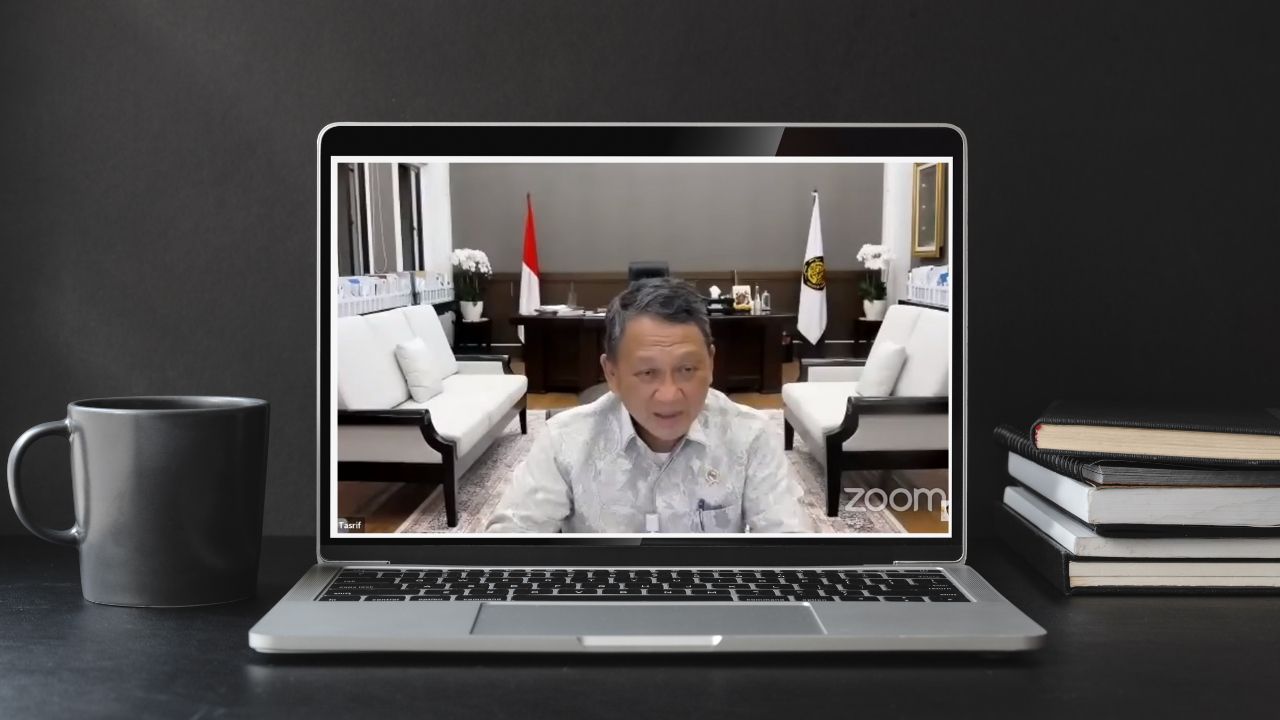Jakarta (18/6/2021), the Ministry of Energy and Mineral Resources has launched the Patriot Energi program as one of the efforts to electrify underdeveloped, outermost, frontier (3T) villages, including transmigration areas. The Patriot Energi program invites 100 young people to receive training and then are assigned to various regions in Indonesia for 5 months – 1 year.
The tasks of these energy patriots include mapping the potential of renewable energy, assisting the PLN (Persero) de-dieselization program, and assisting village electricity independence, including assisting and training local communities to operate and maintain renewable energy installations that will be used to electrify the village.
The Minister of Energy and Mineral Resources of Indonesia, Arifin Tasrif, explained that currently, Indonesia together with all countries in the world are trying to reduce greenhouse gas emissions, one of which is produced by the energy sector. But on the other hand, the government also continues to strive to fulfill its obligations to provide access to electricity for the entire community.
“So we are also trying to achieve energy sovereignty based on green energy,” said Arifin Tasrif in his opening remark.
The government’s efforts to electrify all areas in the village through various efforts deserve to be appreciated. This initiative needs to be followed up by considering aspects of sustainability and the quality of energy access received by the public. The definition of ‘electrification ratio’ currently used by the government is still limited to whether it is connected or unconnected. The quality of the connected electricity such as voltage stability, frequency of power outages, and affordable costs has not been taken into account.
Many areas in Indonesia still receive low-quality electricity, not accessible for 24 hours, and only for the use of basic lighting and electronic equipment with very low power, but are limited for productive economic activities. In fact, to encourage access to sustainable energy and quality productivity is the key.
The government’s next homework is to ensure that every citizen has access to electricity that is not only connected but also of high quality, including improving definitions, providing road maps, as well as allocation of costs and human resources. Ensuring maintenance costs and human resources who will manage renewable energy electricity installations in the area will create a sustainable electrification program. Access to quality energy must be Indonesia’s development paradigm to achieve energy justice.

